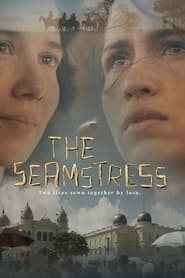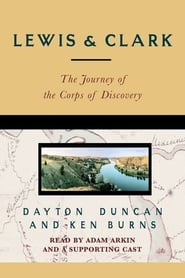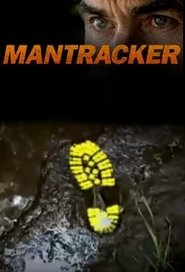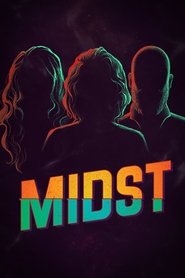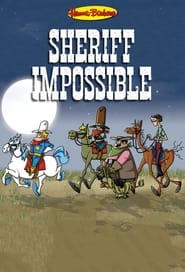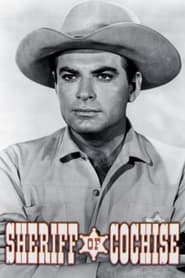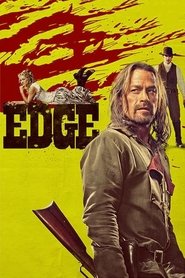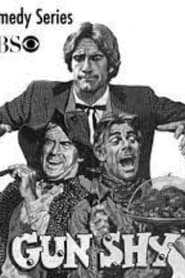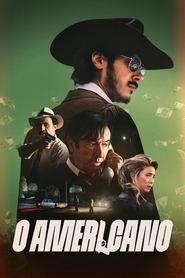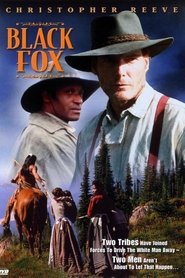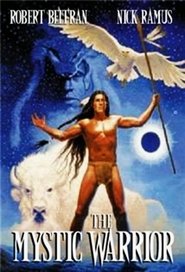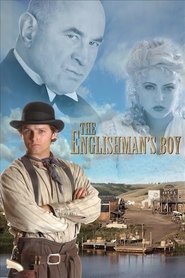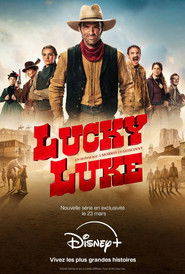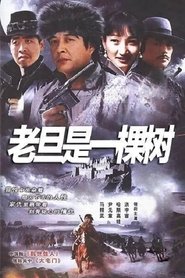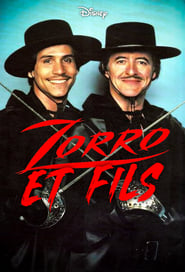Western TV Series - Page 15
-
Call Me Levi
2025
Call Me Levi
2025
star 7Hardly any piece of clothing embodies freedom, pragmatism and individuality as much as the Bluejeans. It is considered a symbol of the "American Dream" and is carried from arm to rich by almost every person. Despite their popularity, very few know the history of their invention. Around 1850, the German-Jewish peddler son Levi Strauss emigrated to America with his sister due to lack of prospects and anti-Semitism in the old Franconian homeland. His brothers are already doing a dry goods store there. When the big gold rush breaks out, Levi continues to San Fransicso, where he opens a textile goods business under his own name. The demand from the gold-diggers for hard-wearing pants is high. So the bustling businessman teams up with the ingenious Latvian tailor Jacob Davis, who came up with the idea of strengthening the seams of the pants with rivets. But a protection money patron dominates the port city and makes life difficult for them. And there are also difficulties with the patent. -
The Seamstress
2017
The Seamstress
2017
star 6.3In the 1930s, two sisters separated by destiny face prejudice and sexism: one from the big city's high society, the other from a group of renegades in the back country. Emilia is romantic and marries a rich young man who is full of secrets. Luiza, of a wilder nature, falls in love with an outlaw who provokes mixed feelings in her. In this feminine and intimate epic, the sisters know they only have each other and both will surprisingly leave their marks in the world. -
Lewis & Clark - The Journey of the Corps of Discovery
1997
star 7.5Lewis & Clark: The Journey of the Corps of Discovery tells the remarkable story of the entire Corps of Discovery – not just of the two Captains, but the young army men, French-Canadian boatmen, Clark’s African-American slave, and the Shoshone woman named Sacajawea, who brought along her infant son. As important to the story as these many characters, however, was the spectacular land itself, and the promises it held. -
The Cowboys
1974
The Cowboys
1974
star 5The Cowboys was a short-lived Western television series based on the 1972 motion picture of the same name starring John Wayne. It aired on the American Broadcasting Company television network from February 6 to May 8, 1974. The television show starred Jim Davis, Diana Douglas, Moses Gunn, A Martinez, Robert Carradine, and Clay O'Brien. David Dortort, best known for Bonanza and The High Chaparral, produced the series. The television show, like the movie, followed the exploits of seven boys who worked on a ranch in 1870s New Mexico. The Cowboys began as an hour-long series, but ABC decided to reduce running time to a half hour format. The format change did not lead to increased viewers, and the show was the victim of early cancellation. Guest stars included Cal Bellini as Wa-Cha-Ka in "The Indian Givers", Kevin Hagen as Josh Redding in "Death on a Fast Horse", and Lurene Tuttle as Grandma Jesse in "Many a Good Horse Dies". -
Mantracker
2006
Mantracker
2006
star 5.3Mantracker is a Canadian reality television series created by Ihor Macijiwsky and produced by Bonterra Productions. It premiered in Canada in April 2006 on the Outdoor Life Network. In the United States, the show currently airs on the Science Channel and in the UK on Extreme Sports Channel. The episodes of the first six seasons feature Terry Grant, an expert tracker called the "Mantracker", who pursues two individuals in the remote Canadian or American wilderness. The pursued, referred to as "Prey", must elude capture while attempting to reach a finish line within thirty-six hours. In season 7, Chad Savage Lenz replaces Terry Grant as the Mantracker. -
The Leatherstocking Tales
1969
star 7.1German miniseries based upon the novel, The Last of the Mohicans. -
MIDST
2020
MIDST
2020
Midst follows three protagonists – a crotchety outlaw, a struggling cultist, and a diabolical bastard – as their paths intersect in unexpected ways in the town of Stationary Hill after the mysterious civilization known as the Trust becomes interested in the islet of Midst where the town is located. -
Posse Impossible
1977
-
U.S. Marshall
1956
U.S. Marshall
1956
star 7.3While this sounds like a western, THE SHERIFF OF COCHISE was a contemporary police drama set in Cochise County, AZ. Sheriff Frank Morgan was eventually promoted to U.S. Marshall and given the entire state of Arizona to keep under control (the series title would subsequently change to U.S. MARSHAL and remain in syndication until 1960) -
Edge
2015
Edge
2015
Missouri, 1865. Josiah Hedges aka "Edge" returns home from the Civil War to discover his closest comrades-in-arms have betrayed him, sparking a bloody reign of vengeance. A mysterious beauty crosses Edge's path, and together they will uncover a dark conspiracy that extends to the highest ranks of American power. -
Gun Shy
1983
Gun Shy
1983
star 5Gun Shy is an American western comedy television series that aired from March 15 until April 19, 1983. -
Durgo Rawhoshyo
2023
Durgo Rawhoshyo
2023
Seeds of crime, ploys of destruction, and legends of a hidden treasure lurk in an erstwhile royal fort of Jankigarh. Shotyaneshi Byomkesh Bakshi returns, along with Ajit and Satyabati, to unravel the mysteries in the dark hallways of the mysterious fortress. -
O Americano
2024
O Americano
2024
Early 80’s. A group of criminal’s spreads terror across the Algarve with more than 20 bank robberies. The gang is led by a man they call "The Doctor" and a carpenter who earns the nickname of "The Cowboy". Captured and sentenced to 18 years in prison he becomes the protagonist of the bloodiest escape in Portuguese prison history. -
Two Faces West
1960
Two Faces West
1960
star 5Two Faces West is a 39-episode half-hour syndicated television western series set in Gunnison in southwestern Colorado, which aired from October 17, 1960, to July 31, 1961. It stars Scottish native Charles Bateman in the dual roles of twin brothers, Rick January, M.D., and Marshal Ben January. Matthew Rapf produced the series. Francis De Sales appeared as Sheriff Maddox; Joyce Meadows portrayed Stacy, and Paul Comi played Deputy Johnny Evans. In the marshal's role, Bateman played a man prone to violent outbursts in his pursuit of law and order; as the physician, he demonstrated calmness and compassion. The series was filmed by Screen Gems at the Iverson's Movie Ranch in Chatsworth in Los Angeles County, California. -
Black Fox
1995
Black Fox
1995
star 4A former slave affects peace between Indian tribes and homesteaders in 1860s West Texas. -
The Mystic Warrior
1984
The Mystic Warrior
1984
star 5.7Saga about a proud band of Sioux Indians, and the efforts of one brave to save his people from destruction through the use of mysterious powers handed down by ancestors. -
The Englishman's Boy
2008
The Englishman's Boy
2008
star 3.3Haunting Film recalls a tragic journey that culminates in one of the most brutal historical events in Canadian history - the Cypress Hills Massacre -
Lucky Luke
0000
Lucky Luke
0000
-
老旦是一棵树
1998
老旦是一棵树
1998
-
Zorro and Son
1983
Zorro and Son
1983
star 5Zorro and Son is an American short-lived television Western based on the legendary character Zorro that aired on CBS. Created by Walt Disney Pictures, the series stars Henry Darrow as Zorro and Paul Regina as his son, Zorro, Jr.. It featured the same theme song by Norman Foster and George Bruns.

